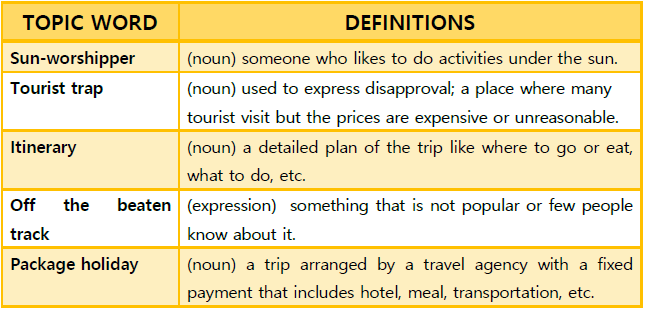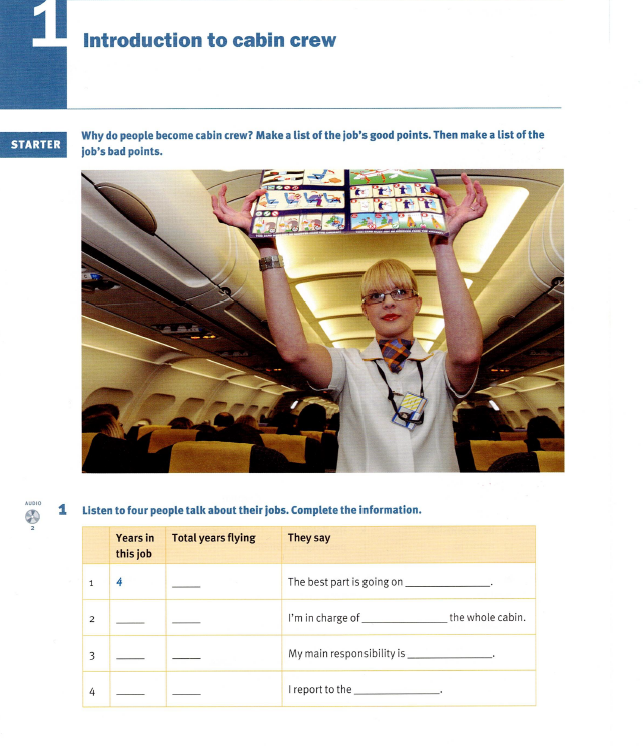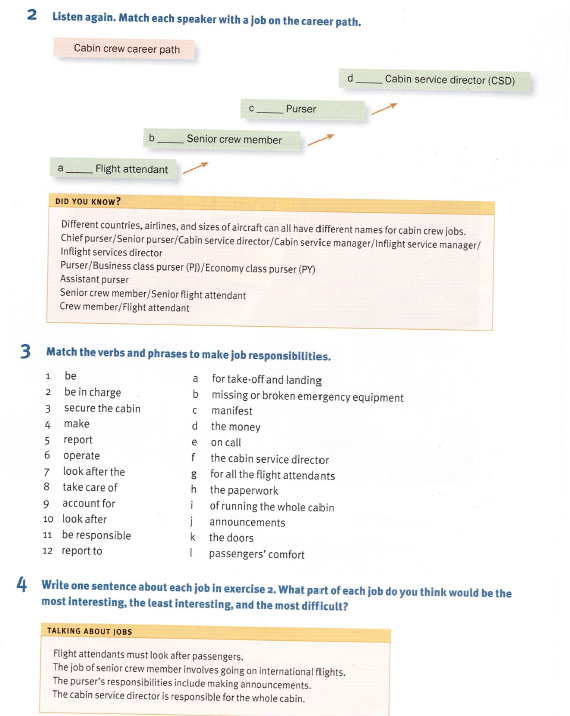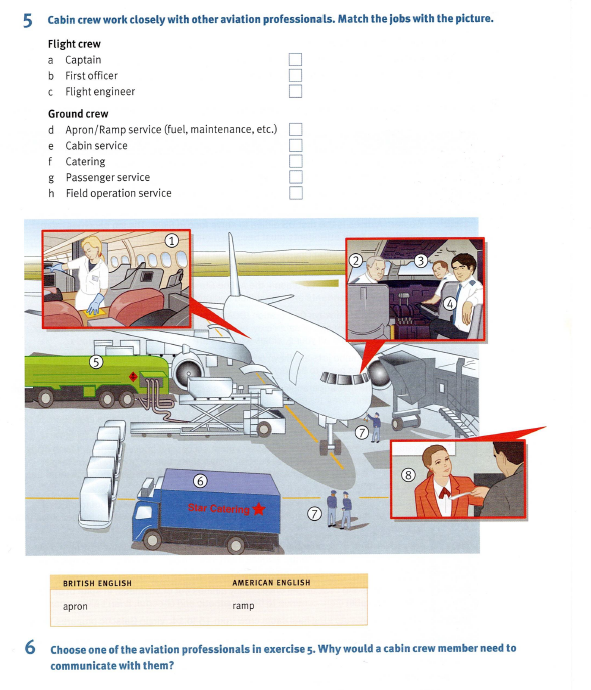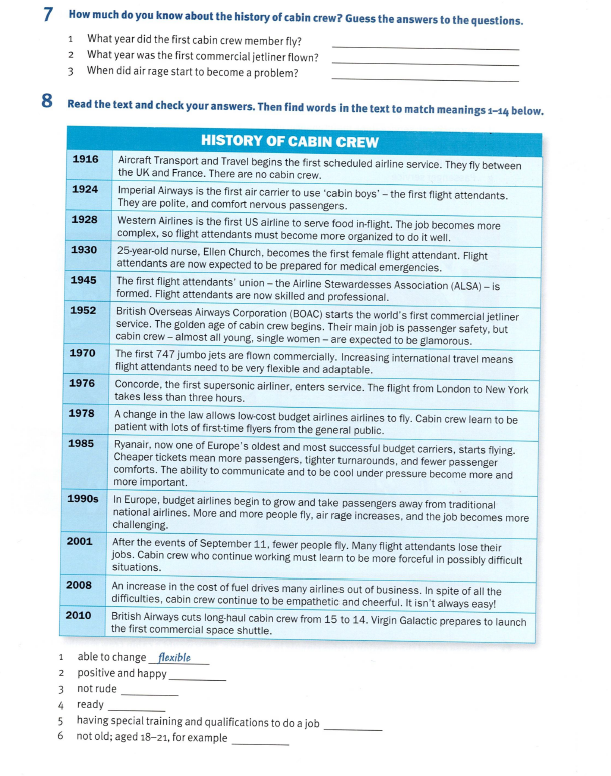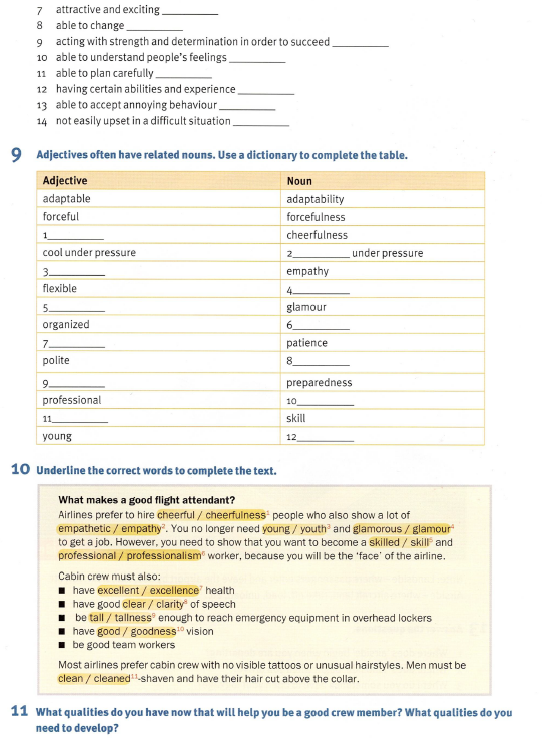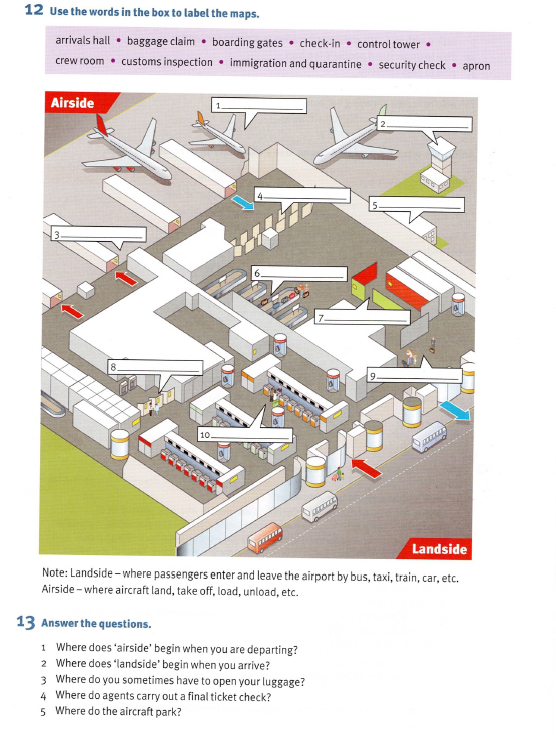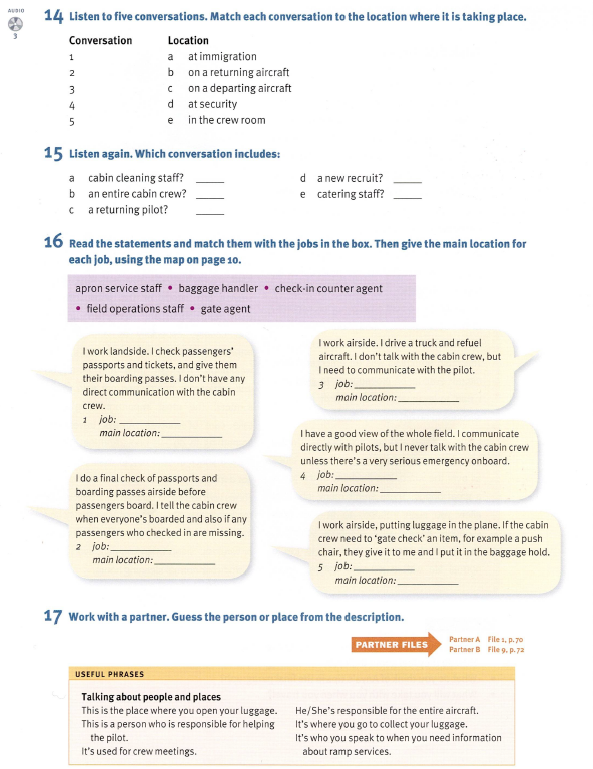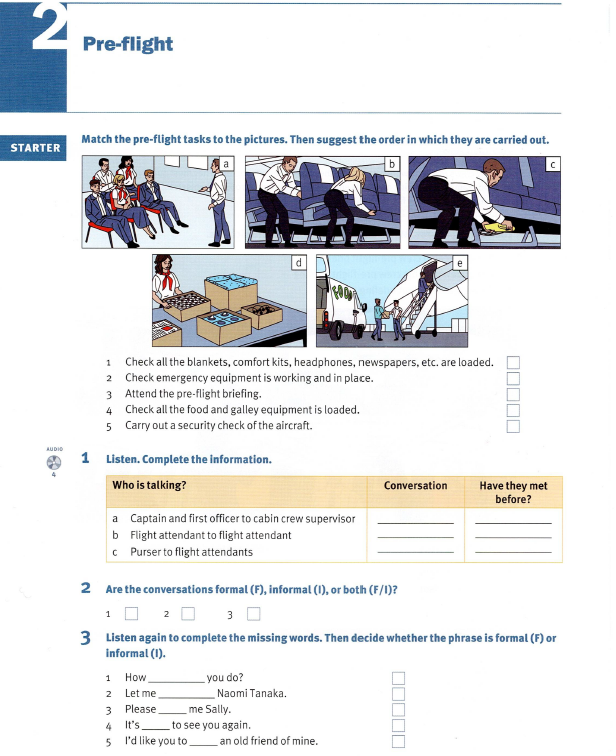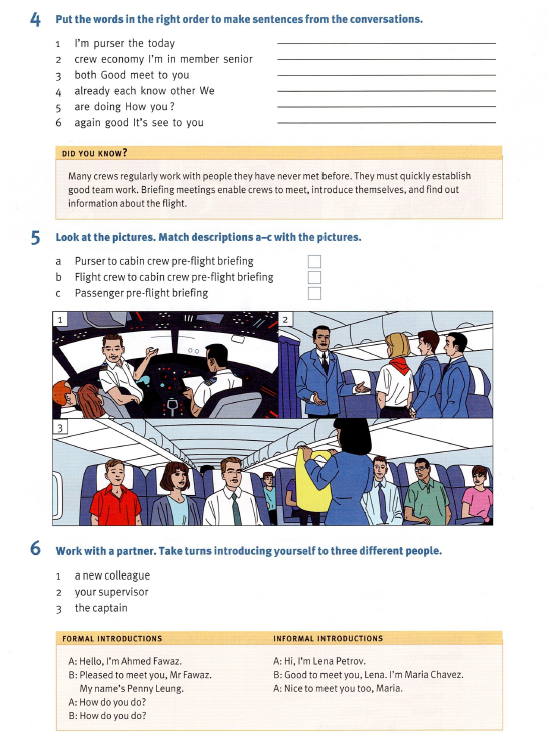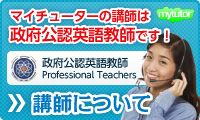
★ 全ての講師が対応します。
★ 志望校から求められる単語数(Words)に応じてコースをお選び下さい。
★ 志望校の英語試験対策をご希望の場合は、ぜひご連絡ください。過去問など参考になる資料をご提供いただけましたら、それを基に問題を作成し、カスタマイズした対策コースをご提案させていただきます。
※ 関連記事
Reality of the Most Challenging Returnee Middle School Entrance Exams
JHS Entrance Exam Essay Course
(中学受験 英作文(エッセイ)対策コース)
● JHS Entrance Exam Essay Course―Basic (目安 100 words)
レッスン数: 50 問 ― 1問=1レッスン (25分)
教材: JHS Entrance Exam Essay Course―Basic (目安 100 words)
● JHS Entrance Exam Essay Course―Intermediate(目安 120 words~180 words)
レッスン数: 50 問 ― 1問=1~2 レッスン (25~50 分)
※ 受講者のレベルや単語数に応じて、1問につき50分(2コマ)かかる場合があります。
教材:JHS Entrance Exam Essay Course―Intermediate(目安 120 words~180 words)
● JHS Entrance Exam Essay Course―Advance (目安 280 words~ 350 words)
レッスン数:50 問 ― 1問=2~3 レッスン (50~75 分)
※ 受講者のレベルや単語数に応じて、1問につき75分(3コマ)かかる場合があります。
教材:JHS Entrance Exam Essay Course―Advance (目安 280 words~ 350 words)
※ 3つのレベルとも 受講者の希望で必要な分だけ受講してください。
※ その他、受講者自身で質問を用意して受講することが可能です。
━━ レッスンの進め方 ━━
① 事前に予習されることをお勧めします。回答文をwordなどのファイルで作っておきましょう。
鉛筆書きの場合は解答用紙をスキャンしてファイルに保存することをお勧めします。
(本場同様の緊張感でレッスンを進めたい方は、予習無しで進めてください。)
② 単語数(Words)によって1問を1レッスン以上(2コマ、3コマ)必要になります。
できるだけ1つの問題(トピック)を同じ講師で受講してください。
(ただし講師が変わっても引継ぎはできます)
③ レッスンでは、センテンスごと(文のまとまりごと)に講師のチャットボックスに
ドロップして講師は添削します。
講師はセンテンス毎に解答文を共有画面で受講者に見せながら添削していきます。
最後に完成文に対し、文章全体のアドバイスを致します。
④ レッスン中に完成できない場合、途中までの回答文を文書ファイル(word 又は
OpenOffice Writer)で受講者に渡します。
⑤ 受講者は次のレッスンまでに回答文を完成させ、レッスン時間に講師へ渡します。
⑥ 2回目のレッスンでは共有画面で講師が完成文を添削していきます。 添削、アドバイ
ス、回答文の完成まで受講者のレベルに沿ったライティングレッスンとなります。



